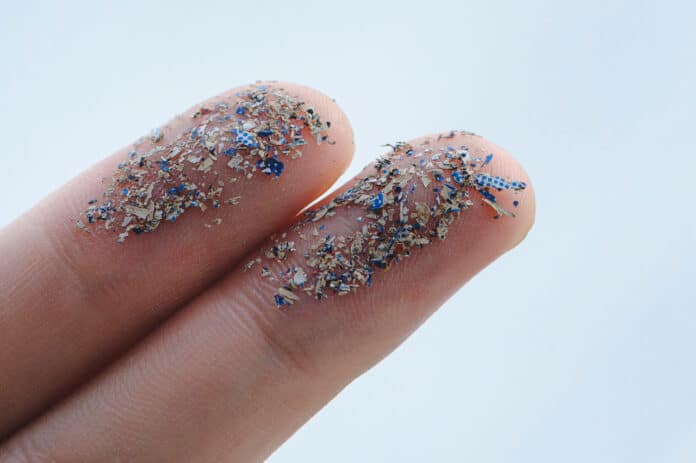Weleda has spearheaded an open letter to the European Commission calling on it to strengthen upcoming legislation by implementing a total ban on microplastics in beauty products.
The letter states that the 15-plus signatories – including NAЇF founder Sjoerd Trompetter, Nataliya Yarmolenko, chief commercial officer of Weleda AG and Jo Chidley, founder of Beauty Kitchen – are ‘committed to formulating and selling only microplastic-free products. We support a swift ban of intentionally added microplastics from all cosmetic products’.
It says that forthcoming legislation to restrict the use of intentionally added microplastics isn’t rigorous enough and is too lenient on brands that persist in using these plastic particles in production. “It is time that we stop the use of intentionally added microplastics and we strongly welcome the initiative by the European Commission to regulate this,” says the letter. “As cosmetic brands that are already microplastic-free, we do not believe the upcoming legislation goes far nor fast enough in its current format.
“We believe microplastics, whether solid, liquid, or water-soluble, should stop being used due to their negative, irreversible environmental impacts and potential risk to human health. It is time to embrace safe and sustainable solutions for our consumers and the planet.”
As cosmetic brands that are already microplastic-free, we do not believe the upcoming legislation goes far nor fast enough in its current format
Commenting on the move, Nataliya Yarmolenko, Weleda’s chief commercial officer, says: “Together with fellow microplastics-free brands we urge the European Commission to implement decisive, consistent, and rapid introduction of microplastic-free legislation as a matter of urgency. We feel there is no justification for the exceptionally long 12-year transition period when certified natural cosmetics brands such as Weleda show that working without using microplastics at all has always been possible. We know that consumers share our passion for genuine sustainability, with 90% of shoppers believing ethics-related considerations are important when buying beauty products. The Beauty industry and others needs to prioritize alternatives to microplastics, so that we can move forward as an innovative, collective, planet friendly beauty industry.”
We feel there is no justification for the exceptionally long 12-year transition period
Madhuri Prabhakar from Plastic Soup Foundation, adds: “We all deserve to live in an environment free of microplastics, whether on our beaches, in the air we breathe or in our products – especially when microplastics are not necessary. Brands like Naïf, Weleda, Neals Yard, Laboratoire Léa Nature and Beauty Kitchen, who have signed this letter, are sending a clear message to EU Member States: alternatives to microplastics already exist. It is high time the rest of the cosmetics industry embrace those alternatives. There is no reason to delay the EU restriction any further or allow for excessively long transition periods.”
The letter is available to read in full here.











